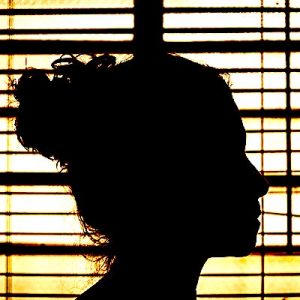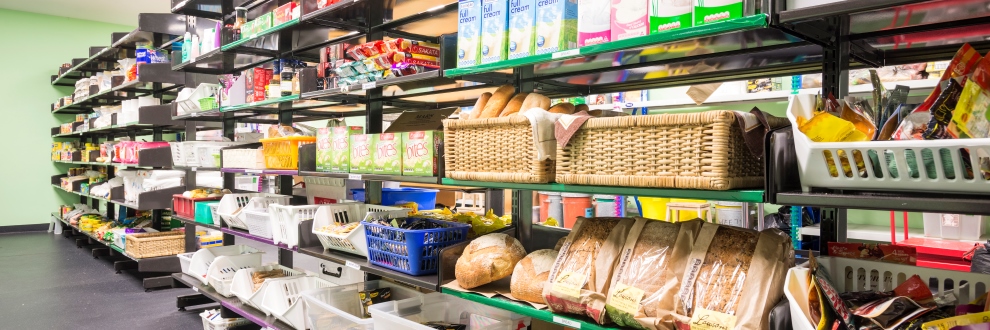Locked down and locked out: the struggle to survive with no support Cost of Living
Locked down and locked out: the struggle to survive with no support

By Namya Bihar
This story is part of the My Corona series. We’re publishing personal stories about the pandemic, life in isolation and Victorians’ hopes and fears for the future. We have changed Namya’s name at her request. ![]()

I’m a single mother who’s been in Australia since 2014.
My boy is in Grade 7 and my girl is in Grade 1.
Before the virus I had a part-time job and a casual job. I was a cooking instructor and a sous chef, so I was earning good money and managing all my finances.
I lost both jobs in March.
Most people have resources or support from Centrelink to cope in this pandemic, but I’m on a bridging visa. I’m not eligible for JobKeeper or JobSeeker, I don’t have any income from the government.
One of my jobs was for the Asylum Seeker Resource Centre, in their catering company. At the start they kept paying me, at a reduced rate, about $600 a fortnight from March until May.
Then they said no, sorry, we can’t pay you anymore until the catering company comes back.
It’s very hard to manage. Sometimes we don’t have enough to eat.
Luckily we have a house, and my landlord knows my situation. He has said it’s okay if we can’t pay now, but we have to pay it all together whenever the pandemic’s finished.
If my landlord says that we have to pay then I don’t know… Maybe I can ask the council if they can help. Sometimes they provide homeless people with shelter or put them in share houses. It would be very hard with two kids.
There’s a lot of stress. I’m behind on all the bills. Companies know that everybody’s suffering and they give us extensions. But we sleep in one room and don’t turn on the heaters, we cover up and wear shoes in the house, and whenever there’s sunshine we sit outside. The past couple of weeks it was very, very cold. The children were wrapped in blankets.
Luckily there is the Asylum Seeker Resource Centre, and we receive food from them once a fortnight. We eat what we have, if we only have apples and oranges we survive on that. But it’s not enough for us. Mostly we have one proper meal a day.

The Asylum Seeker Resource Centre provides food to migrant and refugee families in need.
I found out there is a church that does food parcels, but it’s 6.9 kilometers away. If somebody stops me I can’t afford a $1,500 fine. I’m afraid of that.
The children are okay. They don’t know what’s going on. They’re pretty happy at home, happy they don’t have to get ready and go in the rain to school.
The school is very good, they said they could provide me with an iPad for my daughter. They can chat with friends on Zoom on the tablet, and use it for teacher meetings. So that’s good. And the school is helping by not asking for any fees.
But often it’s hard to make them do school work, they just watch YouTube and play games, which is so stressful for me. The teachers only come on for 15 minutes.
We have nothing to do at home. Sometimes the kids want to go to the park, they want to go for a walk, but I’m scared to go outside. I tell them no, you will touch something. You will play with somebody. This is not allowed at all.
It’s like we are in a prison.
I found out there is a church that does food parcels, but it’s 6.9 kilometers away. If somebody stops me I can’t afford a $1,500 fine. I’m afraid of that.
When the pandemic had just started my friends asked me if I needed any help. I said no, that it should be fine, I would be okay. But I didn’t realise it would go on so long.
I went to the doctor and they said, Oh, you have a lot of stress. They gave me a referral for a counselor. I don’t want to go to a counselor, but the doctor said she had to give me a referral as a duty of care. So I saw the counselor, but she just talked. There’s nothing she can do.
I just pray every day that we will be allowed to go outside of the suburb, just to get food. But we have no idea how long this will go on for, no idea when my employer will reopen. We are still in stage four.
I’ll go to the kitchen now to see what I can make for the children. I have some flour. I want to make something for them to make them happy. At least they can still enjoy their life.
![]()
This piece is based on an extensive phone interview VCOSS conducted with Namya.
Edited by Miriam Sved.